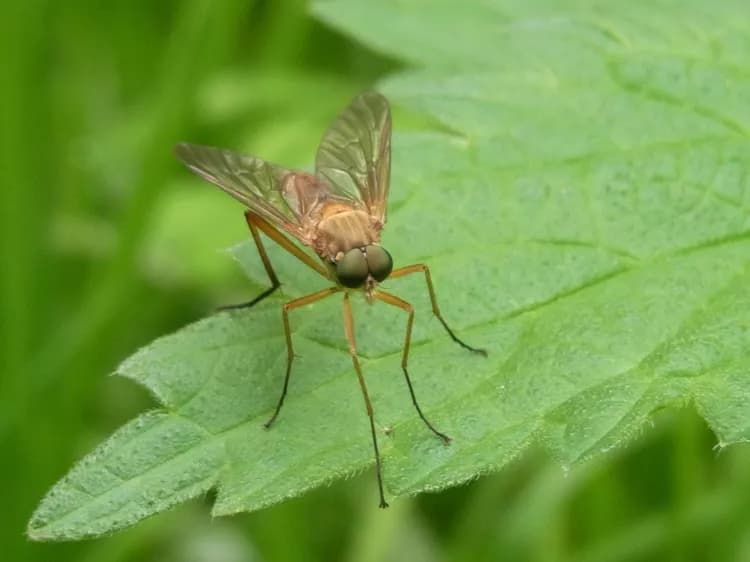
Central America 'Kissing Bug' Carries Two Main Subtypes Of Chagas Disease Parasite
Trypanosoma cruzi, the parasite that causes Chagas disease, is divided into six strains, each of which differs in where they are found and in how important they are in human infections.. Now, researchers have found that most T. cruzi parasites in Central America belong to just two of those strains. The results are detailed this week in PLOS Neglected Tropical Diseases.
Millions of people worldwide, mostly in Latin America, are infected with the Chagas parasite, which rarely causes immediate sickness but -- through chronic infections -- can cause long-term heart, digestive, and neurological problems. In Central America, nearly 400,000 people are infected with the Chagas parasite. Here the parasite is spread primarily by Triatoma dimidiata, a type of "kissing bug." Little was known, however, about which strains of T. cruzi, categorized as TcI through TcVI, the local bugs carried.
In the new work, Carlota Monroy, of the University of San Carlos in Guatemala, and colleagues collected 334 adult T. dimidiata from 19 sites in eight countries ranging from Mexico to Ecuador. They isolated DNA from the abdomen of each bug and sequenced the genes of any infecting T. cruzi in order to determine which, if any, strain of the parasite each bug was infected with.
38% of the T. dimidiata collected were infected with the Chagas disease parasite. Of those, 94 percent carried the TcI strain of T. cruzi, while the other 6 percent were infected with a TcIV strain. Between specimens, there was significant variation found within the TcI clade -- some Tc1 strains were very different, at a genetic level, from other Tc1 strains studied. That variation was mostly linked to the location the bug had been collected in.
"As particular strains are associated with particular habitats, hosts, and disease symptoms, this work will help us understand why particular symptoms occur in particular areas and help us to target control efforts more efficiently," the authors say. "The high diversity found within the [TcI] strain may challenge vaccine development and treatment improvement, if the genetically different strains respond differently to particular medication."
Materials provided by PLOS. Note: Content may be edited for style and length.
Disclaimer: DoveMed is not responsible for the accuracy of the adapted version of news releases posted to DoveMed by contributing universities and institutions.
References:
Patricia L. Dorn, Annie G. McClure, Meghan D. Gallaspy, Etienne Waleckx, Adrienne S. Woods, Maria Carlota Monroy, Lori Stevens. (2017). The diversity of the Chagas parasite, Trypanosoma cruzi, infecting the main Central American vector, Triatoma dimidiata, from Mexico to Colombia. PLOS Neglected Tropical Diseases. DOI: 10.1371/journal.pntd.0005878
Related Articles
Test Your Knowledge
Asked by users
Related Centers
Related Specialties
Related Physicians
Related Procedures
Related Resources
Join DoveHubs
and connect with fellow professionals

0 Comments
Please log in to post a comment.